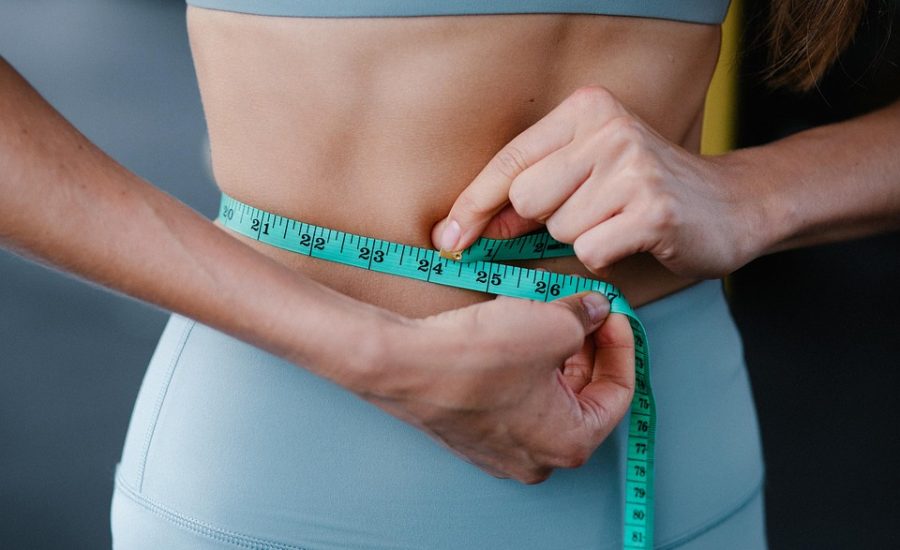When embarking on a health journey, one of the first things people often do is check their weight. It’s a quick and easy measure, but is it the most meaningful one? Today, we’re diving deeper into the discussion of body fat vs. weight to determine which metric truly matters for your health and fitness goals.
Understanding Weight and Body Fat
What is Weight?
Weight is simply the measure of how heavy you are, typically measured in pounds or kilograms. It includes everything: muscles, bones, organs, fat, and water. This means that weight alone provides a somewhat limited view of your overall health.
What is Body Fat?
Body fat, on the other hand, refers specifically to the amount of fat tissue in your body. This includes essential fat (necessary for bodily functions) and storage fat (the extra calories stored in fat cells). Measuring body fat percentage provides a clearer picture of how much fat you have relative to your total body composition.
Why Weight Alone Can Be Misleading
While the scale can bring motivation or dismay, it can often mislead your understanding of your health. Here’s how:
-
Muscle Weighs More Than Fat: If you’re actively engaging in strength training, you might gain muscle while losing fat. This could result in a stagnant or even rising scale number, leading to unnecessary frustration.
-
Water Weight Fluctuations: Your body weight can vary significantly based on hydration, diet, and even hormonal changes. These shifts can obscure your real progress.
-
Doesn’t Show Health Status: Two individuals can weigh the same yet have vastly different body compositions and health markers.
The Importance of Body Fat Measurement
Body fat percentage serves as a more useful metric when evaluating your overall health. Here’s why:
Health Risks Associated with Body Fat
-
Chronic Illness: Higher body fat percentages, especially visceral fat (fat stored around organs), are linked with an increased risk of health issues such as diabetes, heart disease, and high blood pressure.
-
Body Composition: A healthier body composition includes more lean muscle and less fat, supporting better metabolism and overall fitness.
How to Measure Body Fat
Several methods can help determine your body fat percentage including:
- Skinfold Calipers: Measures the thickness of skinfolds at various body sites.
- Bioelectrical Impedance: Sends a weak electrical current through the body to estimate fat percentage.
- DEXA Scan: A high-precision X-ray method that measures bone density and body composition.
- Water Displacement: Measures body volume to estimate body fat percentage.
Which Metric Should You Focus On?
Individual Goals Matter
Determining whether to focus on weight or body fat often comes down to personal health goals:
-
Weight Loss: If you’re trying to lose weight, both metrics can be helpful but focus on body composition for a better understanding of fat loss versus muscle loss.
-
Building Muscle: If your goal is to gain muscle, monitor body fat to ensure that you’re primarily gaining muscle and not fat.
Fitness Level and Age Considerations
-
Athletes: Competitive athletes may focus on body fat percentage to optimize performance and meet weight classes.
-
Older Adults: As we age, maintaining muscle mass is crucial for overall health, hence body fat percentage becomes vital as it reflects lean body mass more accurately.
Benefits of Tracking Both Metrics
To truly harness the power of your health journey, consider integrating both weight and body fat measurement:
-
Balance: Tracking both metrics provides a balanced view of your body’s changes over time.
-
Informed Decisions: Having a clear picture helps tailor your diet and exercise routine to achieve your goals efficiently.
-
Motivation: Seeing real changes in body composition can be more motivating than tracking just overall weight loss.
Tips for Improving Body Composition
-
Regular Exercise: Incorporate both cardio and strength training into your routine.
-
Healthy Eating Choices: Focus on whole foods, plenty of protein, and fiber to support muscle growth and fat loss.
-
Stay Hydrated: Drink plenty of water to keep your body functioning optimally.
-
Get Enough Sleep: Quality sleep aids recovery and supports hormone balance, which is essential for body composition.
-
Consider Professional Guidance: Consulting with a dietitian or fitness trainer can tailor an approach that aligns with your specific goals and needs.
Conclusion: The True Metric of Health
In the end, both body fat and weight hold value in your health journey, but focusing on body fat provides a more comprehensive understanding of your overall health. Weight can fluctuate due to various factors, but body composition reflects a more accurate measure of your fitness and well-being.
As you tread along your health path, remember to celebrate all forms of progress. Whether it’s shedding pounds or reducing body fat, the goal is to build a healthier, happier you. Ultimately, prioritize what makes you feel best—engage with your body, know your numbers, and keep moving forward.
Takeaway:
As you reflect on your health goals, consider implementing a body fat measurement alongside traditional weight tracking. By understanding these differences, you can achieve a healthier lifestyle tailored to your individual needs. Happy health journey!








 Weight Loss, Unlocked.
Weight Loss, Unlocked.